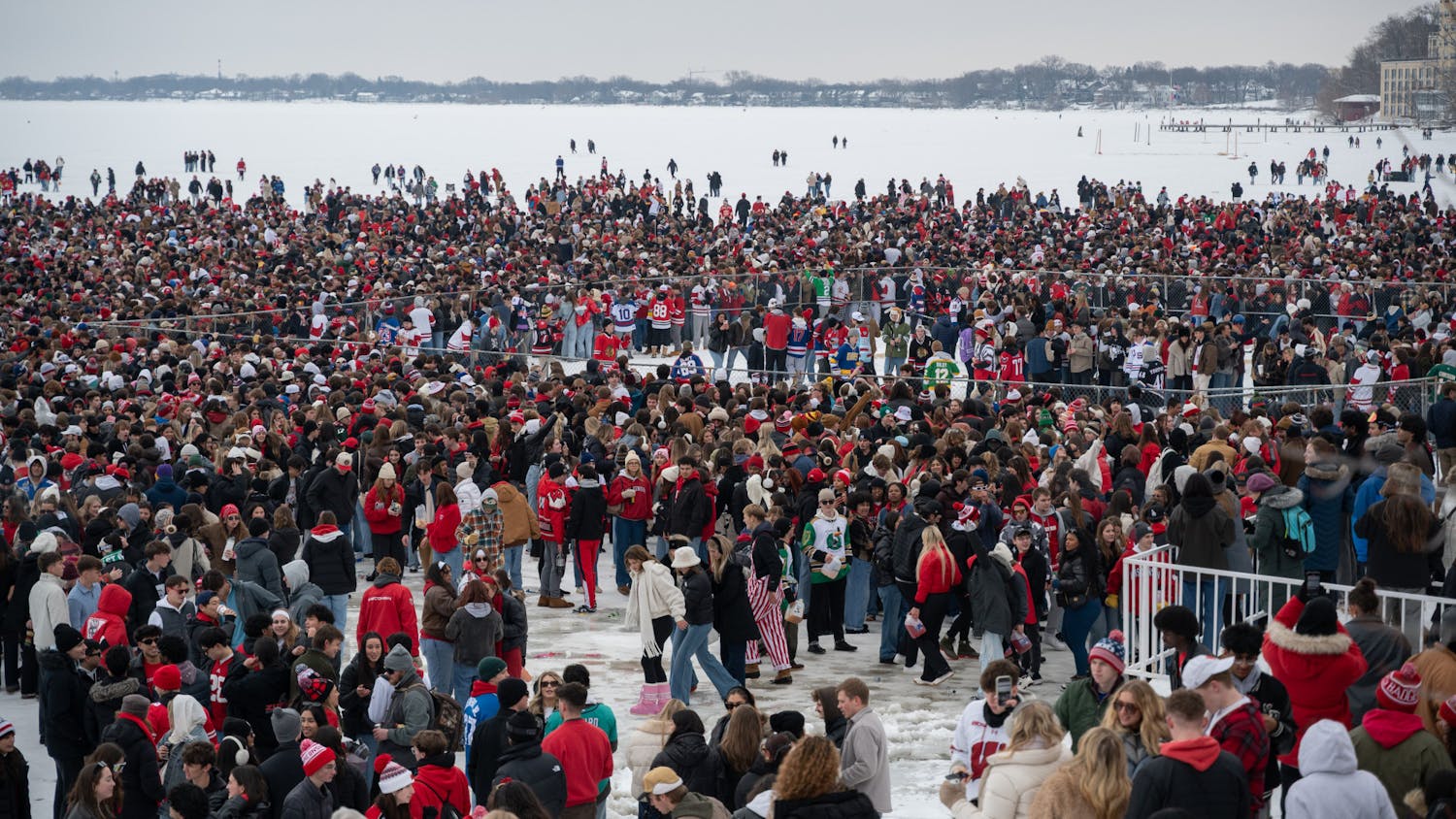Members of the UW-Madison community met Tuesday night at the Wisconsin Institutes for Discovery to hear a lecture given by UW-Madison professor of life science and communication Dietram A. Scheufele about the general public’s attitude toward science.
Scheufele’s lecture was an installment in the The Crossroads of Ideas, a public lecture series geared toward connecting members of the on- and off-campus community to a variety of thought-provoking topics.
Scheufele centered his talk on one question: Is the U.S. increasingly anti-science?
The bulk of Scheufele’s lecture was broken into two main points, that Americans live in a tribe society and they format information according to the values of their tribe.
Scheufele said people in today’s society can easily surround themselves with people who hold the same opinions, ideas and values as them. This is a natural behavior, and now social and traditional media outlets are continuing the trend.
“Our interests and algorithms are given to media and then they target us back. We are split into tribes,” Scheufele said.
As a result, our society has become polarized, with each individual tailoring objective information to better fit their tribe’s values.
“If I put 10 facts in front of you and say to make a decision on those facts, you will weigh more heavily the facts that are consistent with your prior beliefs, your values,” Scheufele said.
He said if individuals are asked to draw opinions about science topics in a way that challenges their prior beliefs, they are more likely to form a negative attitude about that topic and vice versa.
Scheufele proposed presenting science to the public in a way that avoids a feeling of right or wrong or in a way that could cause one to form a polarized opinion. This would allow science to be presented and interpreted in an objective way instead of a possibly threatening way.
“Collaborations between scientists and social scientists [and] working together to figure out where can we communicate and develop science at the same time … that really allows us to have those public conversations that are necessary,” Scheufele said.






